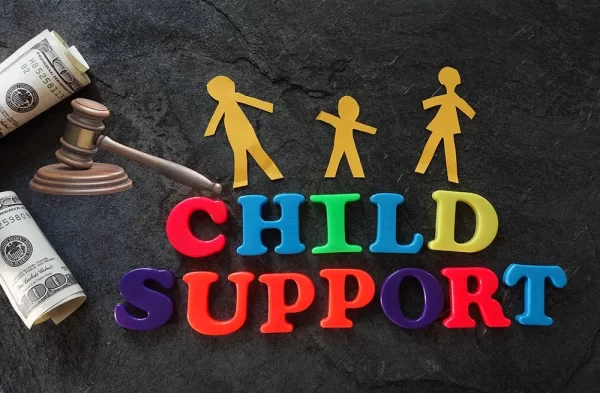
Every child has basic needs. Maryland has identified those needs, determined the economics behind those needs, and implemented Child Support Guidelines to satisfy those needs when co-parents separate or divorce.
The implementation of the Child Support Guidelines ensures that both parents proportionally contribute to the needs of their child(ren), in the best interests of the child(ren). Maryland courts generally apply the guidelines’ formula to determine support amounts unless a party to a case shows that doing so would be inappropriate and unjust in that party’s particular case.
The new guidelines, under Maryland Code Annotated Family Law 12-204(e), apply to all cases filed on or after July 1, 2022. The new guidelines identify specific amounts to be awarded for co-parents with a combined potential monthly income of up to $1,200.00 per month (low income) and for co-parents with a combined potential monthly income of up to $30,000.00 per month and higher (high income). Maryland courts will use discretionary authority in cases where the combined potential monthly income of the child(ren)’s co-parents is higher than $30,000.00, in the best interest of the child(ren) and on a case-by-case basis.
“Potential income” means income attributable to a co-parent’s employment potential and probable earnings level based on, but not limited to, age, physical and behavioral condition, education, special training or skills, literacy, residence, occupational qualifications and job skills, employment and earnings history, record of efforts to obtain and retain employment, criminal record and other employment barriers, employment opportunities in the community where the parent lives, the co-parent’s assets, the co-parent’s actual income from all sources, and any other factor bearing on ability to obtain funds for the child support. Maryland Code Annotated, Family Law § 12-101(m).
The new Maryland child support statute codified the definition of “voluntarily impoverished” so that Maryland courts may factor it in when determining child support. Voluntary impoverishment is when a co-parent makes a free and conscious choice, not compelled by factors beyond the co-parent’s control, to render the co-parent without adequate resources. Maryland Code Annotated, Family Law § 12-101(q). In other words, Maryland courts can now weigh whether a co-parent is making a conscious choice to voluntarily not work to avoid paying child support.
Maryland courts may decide not to order child support in certain cases, and will weigh also whether a co-parent:
As a co-parent’s situation changes, those changes could constitute statutory material change in circumstances that may allow Maryland courts to modify any existing child support order.
The Cohen Legal Team is here and ready to assist you with your needs pertaining to the Maryland Child Support Guidelines, including but not limited to assisting with modifications based on any material change in circumstances.